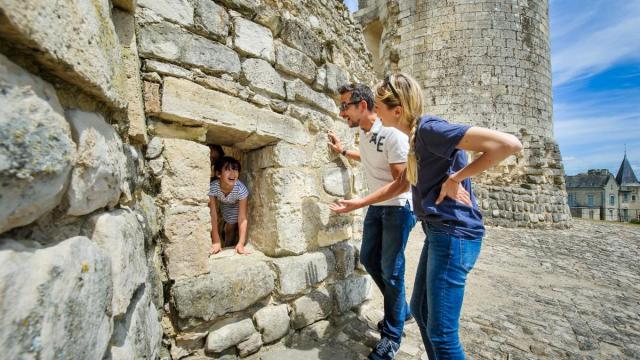Castle of Condé
Demeures des Princes in Condé-en-BrieWelcome to theChateau de Condé, home of the Princes of Condé, Bourbon and Savoy. The Château de Condé is one of the most beautiful Renaissance type castles in the area. Far from being a museum frozen, it is inhabited all year round and classified as a Monuments Historiques. Imagine yourself back then: Olympe de Mancini and her magic powders, the Cardinal of Richelieu enjoying the room reserved for him and Jean de La Fontaine as a guest. Quite a beautiful world! Come and discover this authentic and preserved treasure where Watteau’s paintings will transport you to another world and another time… The jewel is inside!”
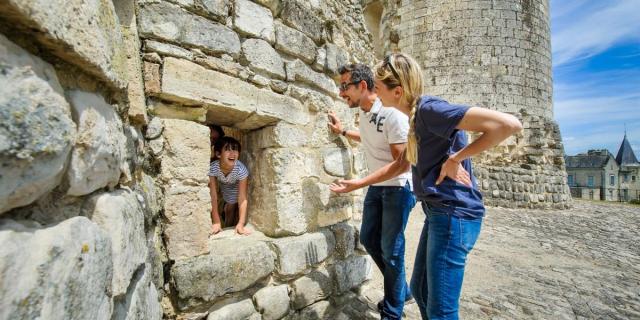
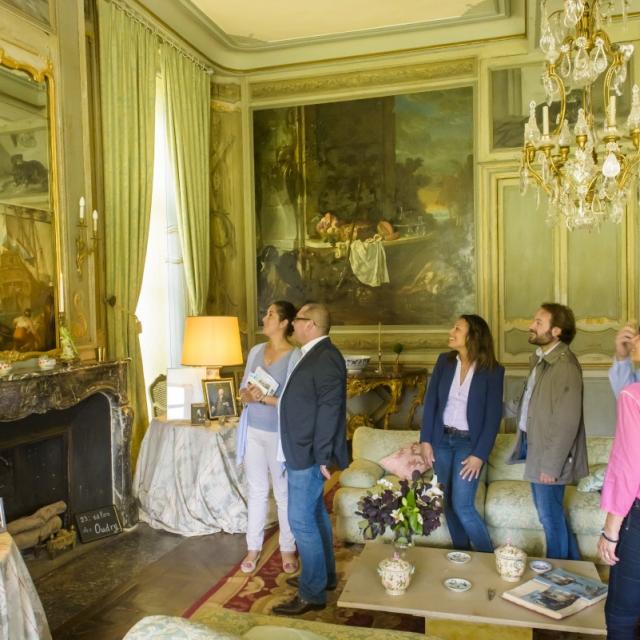
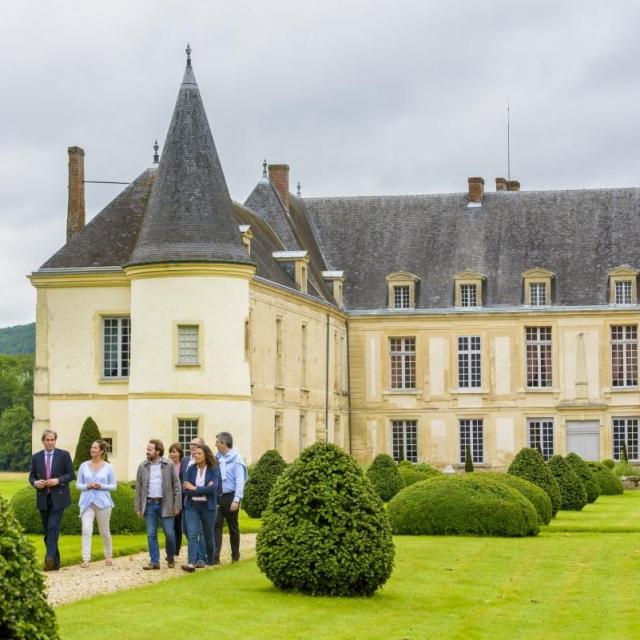
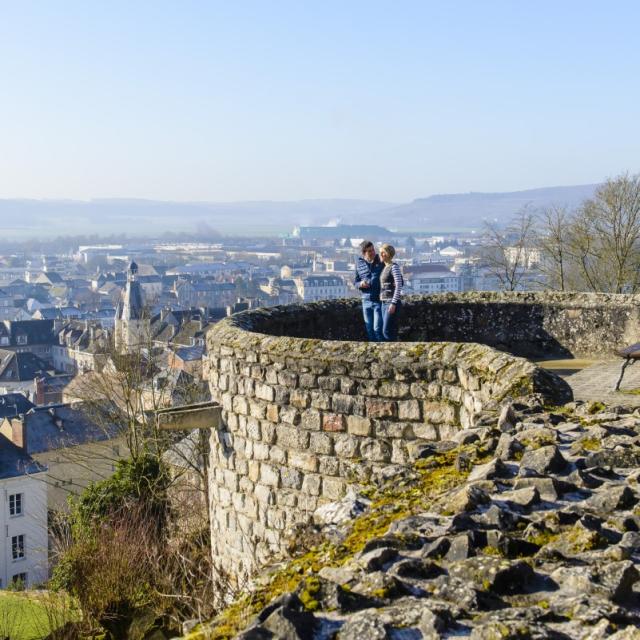


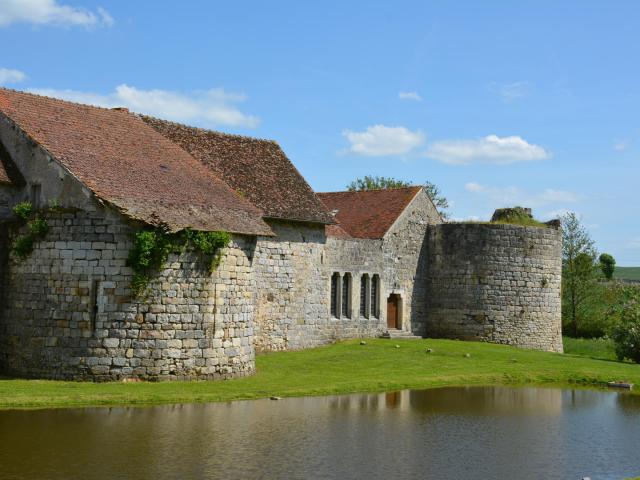













![[FERME TEMPORAIREMENT] La ferme du Grand Norvin](https://api.cloudly.space/resize/cropratioresize/640/640/60/aHR0cHM6Ly9haXNuZS5tZWRpYS50b3VyaW5zb2Z0LmV1L3VwbG9hZC9zdHJhd2JlcnJpZXMtMzM1OTc1NS0xOTIwLmpwZw==/image.jpg)










